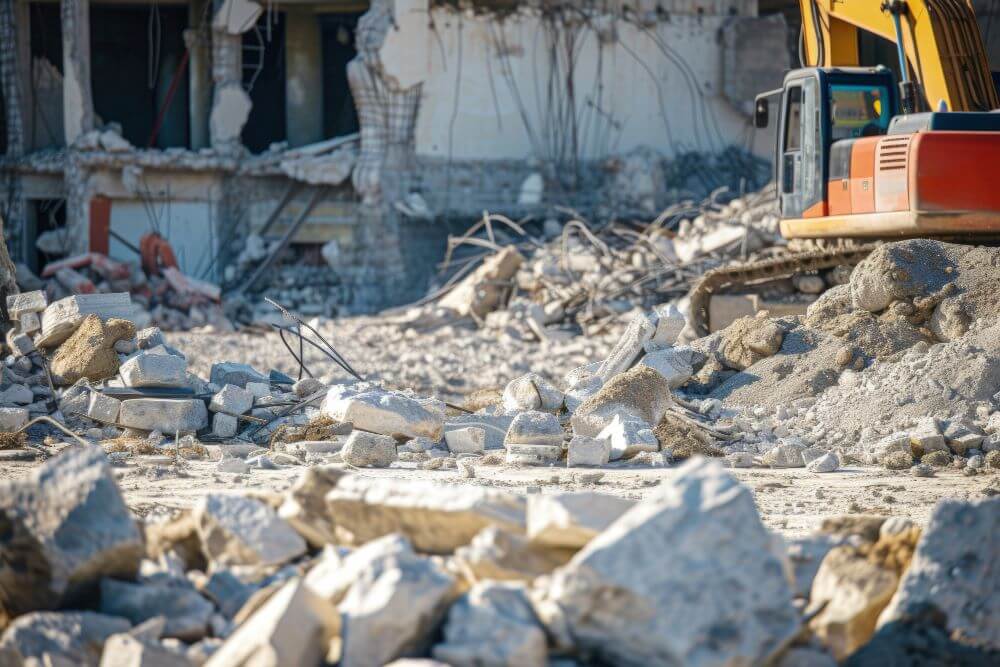Cities are restless creatures. Anyone who has witnessed the slow crawl of cranes or the sudden collapse of an old warehouse knows that transformation is relentless. The challenge is not in bringing about change but in managing it with thoughtfulness. A single mistake can significantly slow down an entire regeneration project or cause costs to skyrocket. This complex urban surgery demands more than just a wrecking ball and a prayer. It requires a scalpel, not a sledgehammer. Enter the specialist approach: controlled demolition. This method doesn’t just clear space. It wields precision and planning to support safer, more efficient urban renewal at each stage, from initial teardown to final blueprint.
Precision Over Chaos
Do you want rubble scattered everywhere and headaches for weeks? Hire amateurs. But cities like Manchester demand better, which is why reputable demolition companies Manchester based are sought after for their expertise in targeted deconstruction. Their goal isn’t random destruction. It’s a surgical, calculated removal. Structures come down exactly as needed, walls by design rather than chance. Tight control of methods, using modern equipment and trained teams, allows minimal disruption to neighbours and local businesses. Control is crucial in the urban landscape, as a stray brick hitting a main road is simply unacceptable.
Speeding Up Urban Timelines
Urban development does not tolerate delays. Every additional day that an obsolete building remains in place is a missed opportunity for new housing or infrastructure. Controlled techniques transform these schedules entirely: Pre-planned charges or mechanical methods mean structures vanish rapidly without forcing months of traffic chaos onto city streets. Project managers love predictability almost as much as they hate budget overruns, a safe bet when specialists handle the work quickly and on time.
Environmental Impact Matters
Ah, dust clouds rising and piles of debris left behind – those belong to the demolition’s dark ages. Modern controlled approaches don’t just make less mess; they actively consider recycling rates and environmental responsibilities from the outset. Metals sorted into neat stacks, concrete diverted from landfill for reuse in future projects—the virtuous cycle begins here. Efficient waste management supports sustainability targets while providing cities with cleaner air during redevelopment, so everyone wins — except landfill sites.
Safety Is Not Negotiable
One falling beam isn’t concerned about timetables or profit margins. It cares only about gravity and consequences. Yet injury rates plummet when controlled demolition comes into play, because each move is mapped out step by step before tools touch the brickwork. Public walkways are protected with barriers, while dust suppression keeps nearby flats habitable during fast-track teardowns. Professionals treat risk management not as paperwork but as a mission-critical procedure, a reality check too often absent elsewhere.
Conclusion
Renewal demands courage but also discipline, a willingness to clear away what once served its purpose so that something better arises in its place, without upending daily life for thousands nearby. Controlled demolition makes this possible across modern cities by fusing speed with accuracy, safeguarding communities along every boulevard under renewal’s gaze. Efficiency meets responsibility here; both must pull equal weight if progress aims to last longer than a news cycle or election promise ever could.














